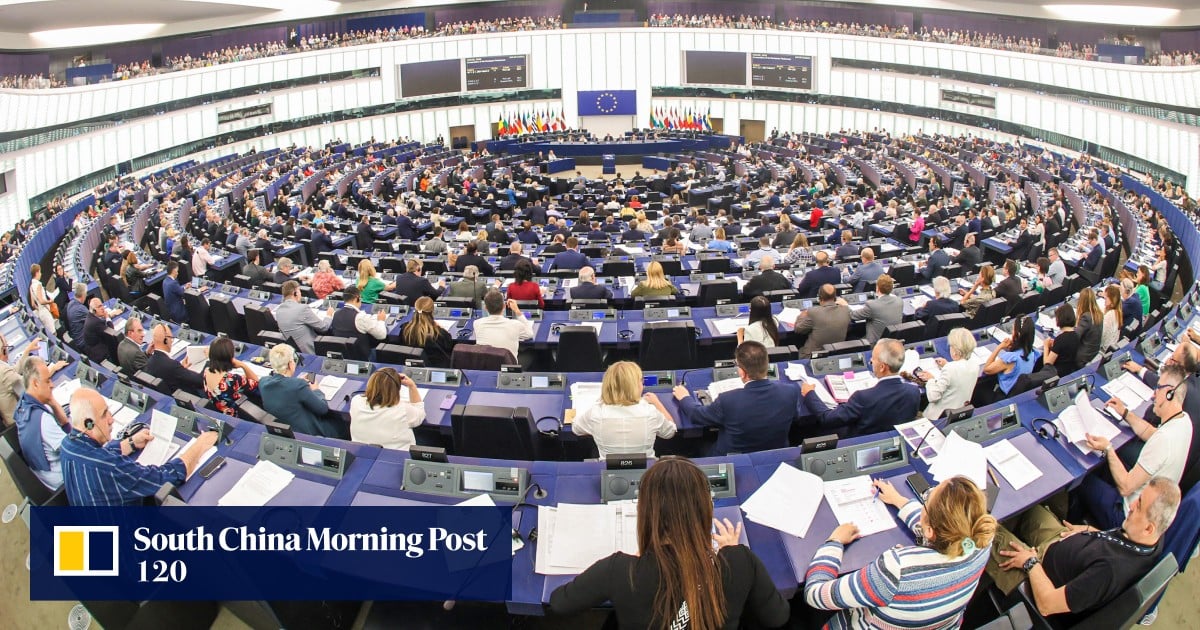European Union countries and lawmakers at the European Parliament on Monday clinched a deal on rules to secure the bloc’s supply of critical raw materials ranging from aluminium to lithium, amid a race with the US and China.
The European Commission proposed the Critical Raw Materials Act in March to ensure the EU’s access to a secure, affordable and sustainable supply of raw materials crucial to the digital industry, aerospace and defence sectors, and the green energy push.
The draft rules needed to be thrashed out with EU countries and lawmakers before they could become legislation. Both sides agreed the final details on Monday said Spain, which currently holds the rotating EU presidency, on social media platform X, formerly Twitter.
China ups export curbs on key EV battery component in national security push
China ups export curbs on key EV battery component in national security push
The agreed rules set targets for the region to mine 10 per cent of the critical raw materials it consumes, such as lithium, and for the first time copper and nickel, with recycling adding a further 25 per cent.
They also set out a list of 34 critical raw materials and 17 strategic raw materials.
Large companies exposed to shortages of strategic raw materials in strategic technologies, such as battery manufacturers, hydrogen producers and renewable energy generators, will be required to do a regular risk assessment of their supply chain of critical raw materials.
The EU is currently heavily reliant on China for rare earths and lithium, which are vital materials for the green transition.
EU industry chief Thierry Breton said in a statement that without action, Europe risked supply shortages and unwanted dependencies.
“With this new law, we are increasing our extracting, processing, refining and recycling capacities in Europe with the highest environmental and social standards,” he said.
The bloc will work with member states to identify strategic projects that will benefit from shorter and more efficient permitting procedures and easier access to finance, he added.
Member states will have the possibility to object on whether a project will be developed within their borders.

